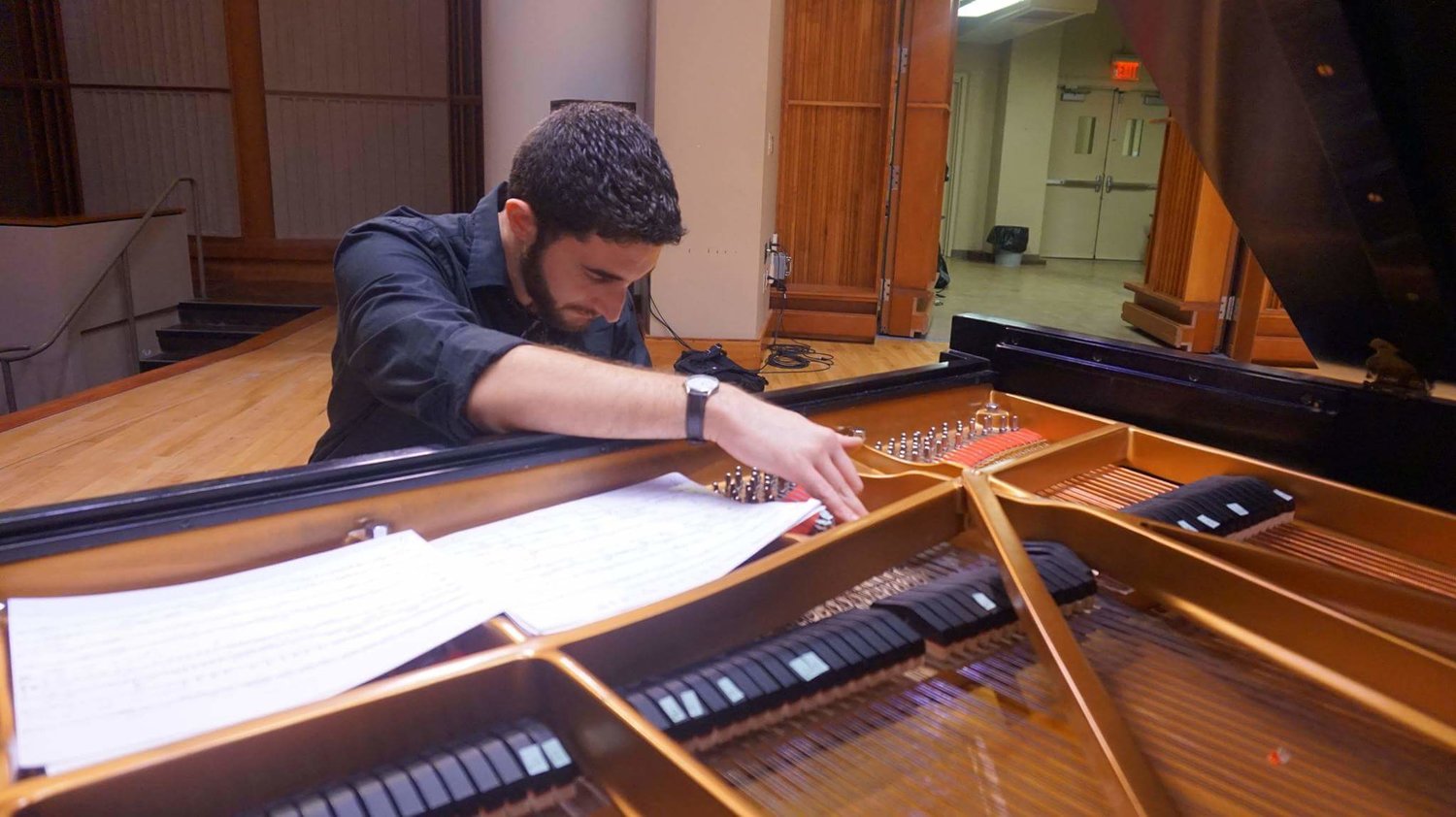We recently connected with Richard Anatone and have shared our conversation below.
Richard, so excited to have you with us today. So much we can chat about, but one of the questions we are most interested in is how you have managed to keep your creativity alive.
The best way I’ve found to keep creativity from fading is to continue to try new things and to pursue new avenues both within and outside of my musical interests. The musical world has so much to offer in terms of personal and professional growth: performance, arranging, composition, and academic fields like theory and musicology are simply the tip of the iceberg in the field of music studies. Once I discovered how to apply these fields to my other interests like video games and literature studies, my options expanded tenfold. I have made more friends and colleagues over the last few years through shared interests in video game music studies than I can count. The field of video game music studies is full of so many different opportunities and avenues for exploring interests, that there truly is never a dull moment. Some days, I’ll be interested in arranging some music from my favorite game, and other days, I’ll be interested in sitting down and writing or editing. Still, other days, I’ll be interested in sharing my music research through Social Media tidbits, which requires some video and audio editing skills, which I never would have needed to learn otherwise. Creativity will never fade away as long as you have continued interests that drive it, and have positive relationships that foster it.
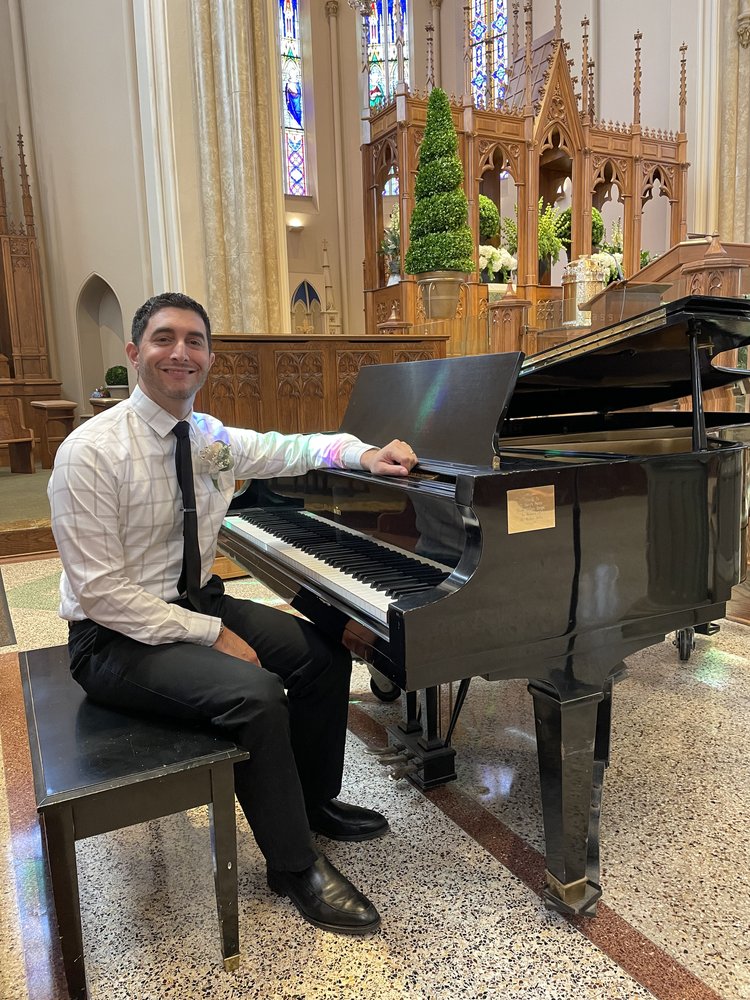
Thanks, so before we move on maybe you can share a bit more about yourself?
I am currently a Professor of Music Theory at Prince George’s Community College in Largo, MD, a position that I have wanted since I was an undergraduate piano major back at Rhode Island College. This type of profession affords me many fantastic opportunities as a pedagogue, performer, writer, and lecturer. As the field of academic music studies continues to become more inclusive of all types of musical endeavors, I am fortunate enough to be involved in the process that helps shape (and reshape!) the music program for our current generation of music students. Careers in music have expanded dramatically in the last decade alone, and being able to help create classes and curricula that foster student interest is truly a privilege. Helping students grow as musicians is the most exciting and meaningful part of teaching. Being in academia also affords me opportunities to pursue my own personal musical interests, which centers mostly on music from video games. I’ve been a fan of Nobuo Uematsu’s soundtracks to the Final Fantasy series ever since I was 9 when I first played Final Fantasy 6 (released in the US as “Final Fantasy 3”). I used to arrange and perform the music as a youngster in local recitals, and I continued to play my favorite lyrical arrangements at church as prelude music. The field of ludomusicology (the academic study of music in video games) allows me to continue those endeavors, and simultaneously expand my horizon by applying my analytical skills to my favorite music. As both a performer and writer, I’ve been able to collaborate with some truly fine music academics from across the world, whom I never would have met otherwise. I’ve written extensively on the music of Nobuo Uematsu in the Final Fantasy series in traditional academic publications and have shared my research in various lecture formats. I also share my research in bite-sized morsels on my Twitter/X handle @AnatoneRich for all fans of video game music (VGM) to see. The beauty of VGM is that while many fans are not necessarily musicians, they’re so familiar with the music and story that they can recognize and understand some pretty involved theoretical topics, as long as it’s approached in an easy-to-follow manner. This type of “public musicology” is incredibly rewarding; non-musicians are incredibly excited and eager to learn, and are always grateful when they learn more about their own interests.
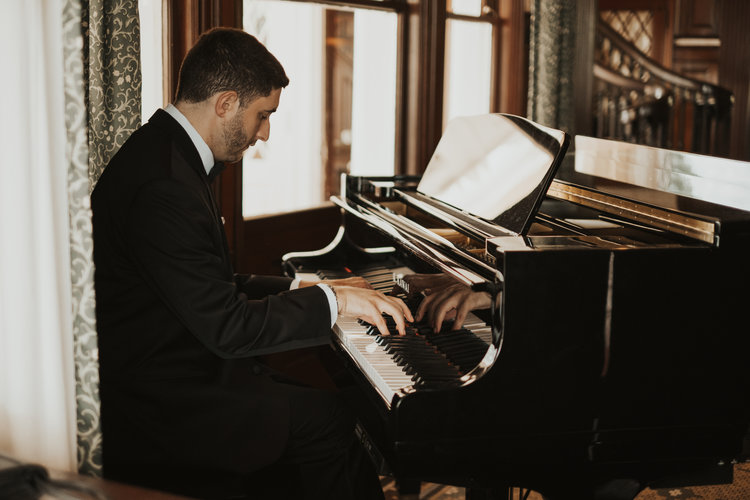
If you had to pick three qualities that are most important to develop, which three would you say matter most?
Only 3! Ok—I’ll share some areas of knowledge that I discovered over the years and sprinkle in some advice into those tidbits.
1) This is for those in college: never settle. You might find that you’re somewhere that doesn’t offer exactly what you’re looking for, or you might find that your degree doesn’t require that you take something that you’re excited about or interested in. Don’t settle by not pursuing it simply because it’s not required or even offered. As an undergrad and graduate student, I took every single theory class that I was able to fit because I was genuinely interested, even though only a handful of them were required. And when I was in grad school, there weren’t as many theory classes that I would have liked to take. So, I sought out my professor and asked if he would give me independent theory lessons, which we did for 3 semesters. We covered a variety of different methodologies including both Schenkerian and post-tonal analysis. This type of 1-on-1 private instruction from a theory professor helped hone my analytical skills more than a course ever could have.
2) Make connections, make them early, and learn to promote yourself. The music world is full of other musicians who want to collaborate on projects: performances, arrangements, research—every avenue of music that you can think of. As an undergraduate, it’s important to build connections early so that you have a nice web of friends and colleagues in the music world who you know how to contact for such collaborations. You also want to be on those lists for people to contact you! A great way to help get this started is to promote your work as a musician: having a Professional Website is a must and a YouTube channel sharing professional recordings is also useful. An online presence outside of a personal Social Media page is also important so that people think of you when they’re looking for someone to collaborate with.
3) When you’re in a position where you can plan for events, dream big and start small. It’s a lot of easier to begin with smaller events and build upon them with each subsequent event instead of starting with a huge project. This method will also allow you to slowly discover all of the people outside your own area who you’ll need to get help from, at which point, you should put together a list of contacts for your upcoming plan. This is especially true for those in a profession with many departments and layers of bureaucracy. When planning for events at colleges, there’s recruitment, procurement, accounting, dual enrollment, events management, catering services, marketing—people in areas that you might never think about. It’s helpful to begin thinking about all of that way ahead of time so there are no surprises or panic moments as time gets closer to event planning.
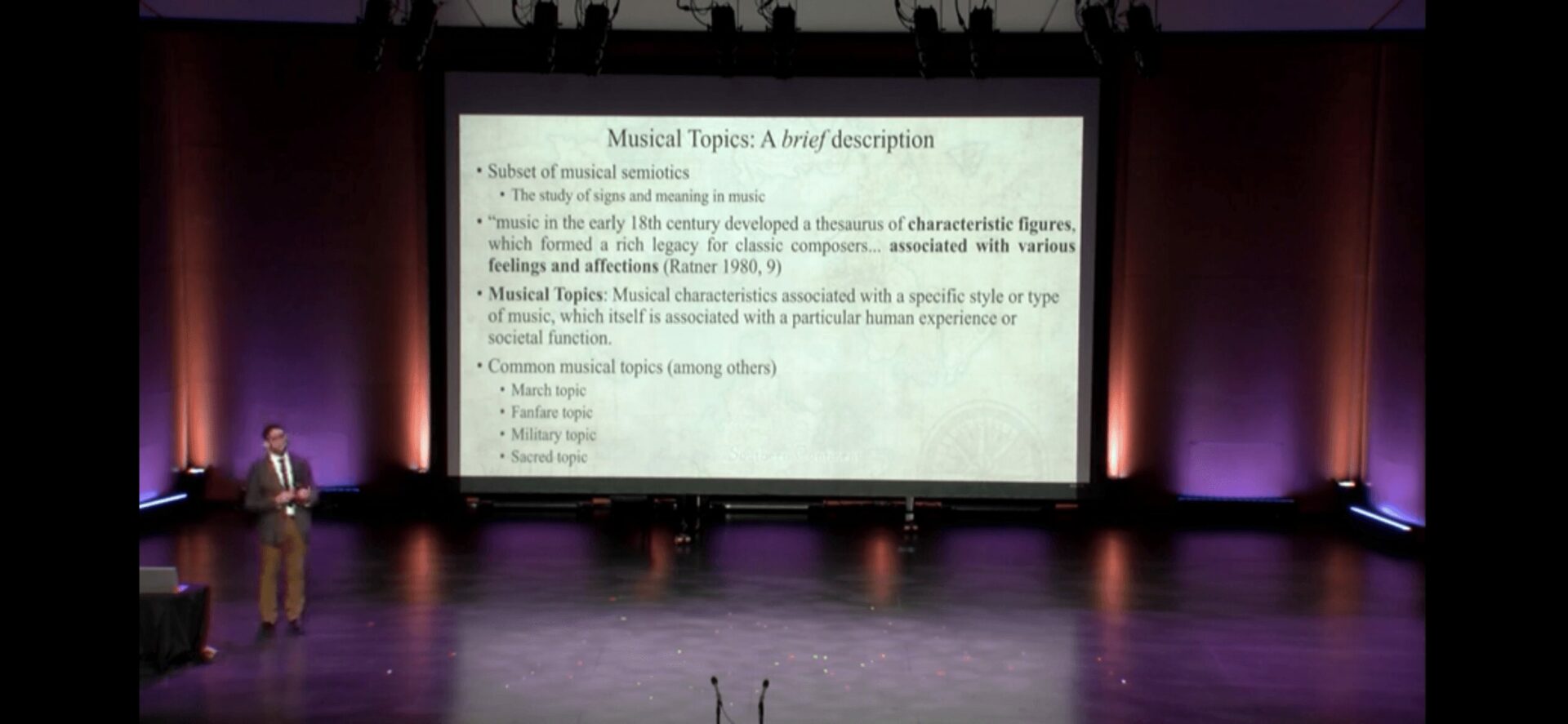
To close, maybe we can chat about your parents and what they did that was particularly impactful for you?
My parents were as supportive as one could have wished for. They saw that I had a musical skill from the early age of 5, and though they had me take piano lessons, they never forced them on me; they never had me practicing hours a day in preparation for competitions for fear that I would grow to resent it. They simply let it foster naturally, which led me to play, arrange, and compose for hours a day simply out of my own interests. And though I played a decent amount of video games back then, they were never dismissive of them nor were they fearful that they would “take over my life.” This was probably because I played a lot outside with friends, played sports year-round, was involved in drama and other theatrical shows in high school, read a lot, and even worked beyond the ordinary chores that children tend to do. They also likely saw that I was arranging music from those video games and played them on the piano every day, so they probably saw some type of important connection that they didn’t want to impede. But at the end of the day, they fostered my interests in the best possible way they could have: they were incredibly supportive of my musical endeavors and equally supportive of my other interests.
Contact Info:
- Website: https://richardanatonemusic.com/
- Twitter: @AnatoneRich
- Youtube: https://www.youtube.com/@richardanatone9149
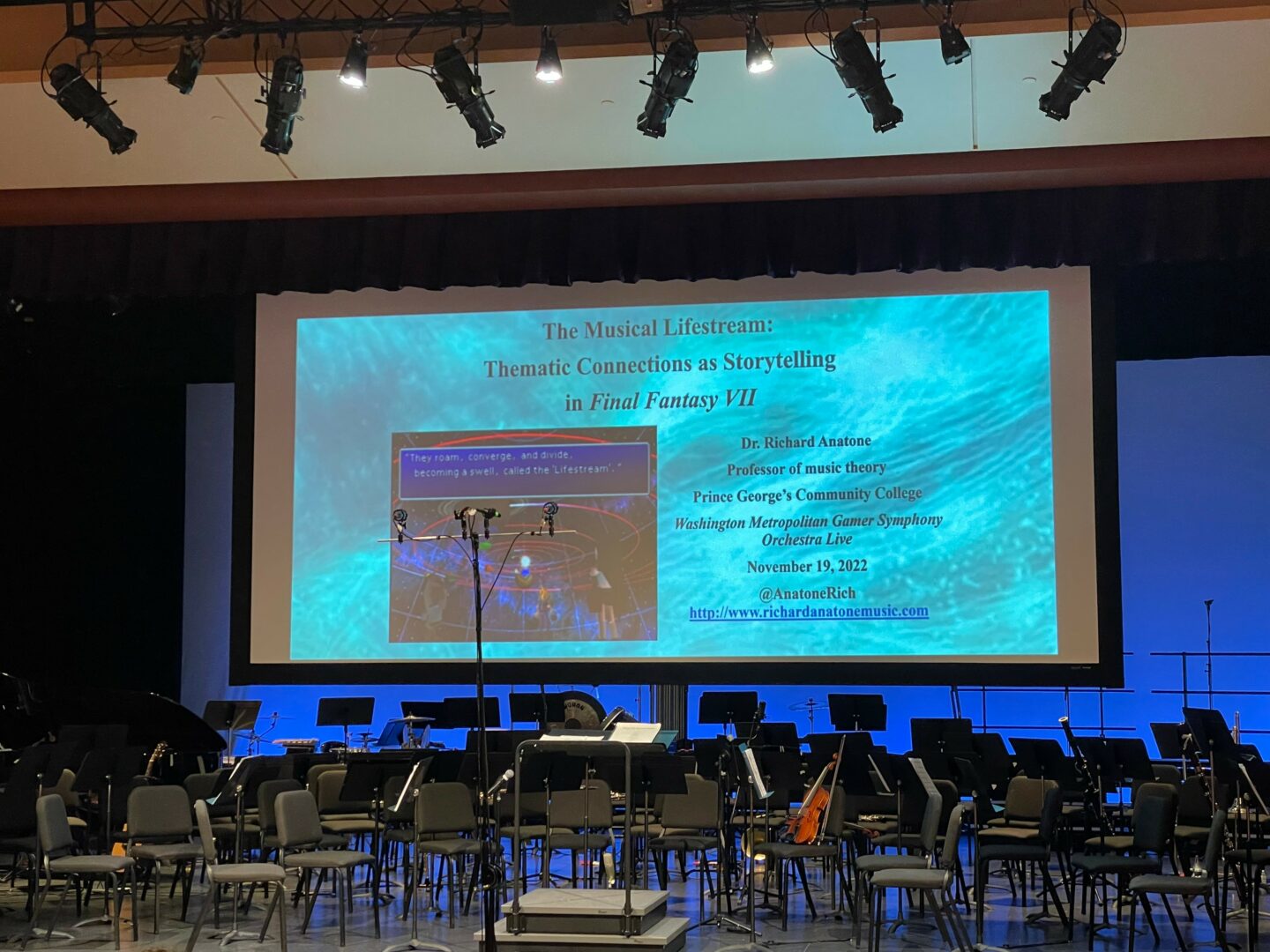
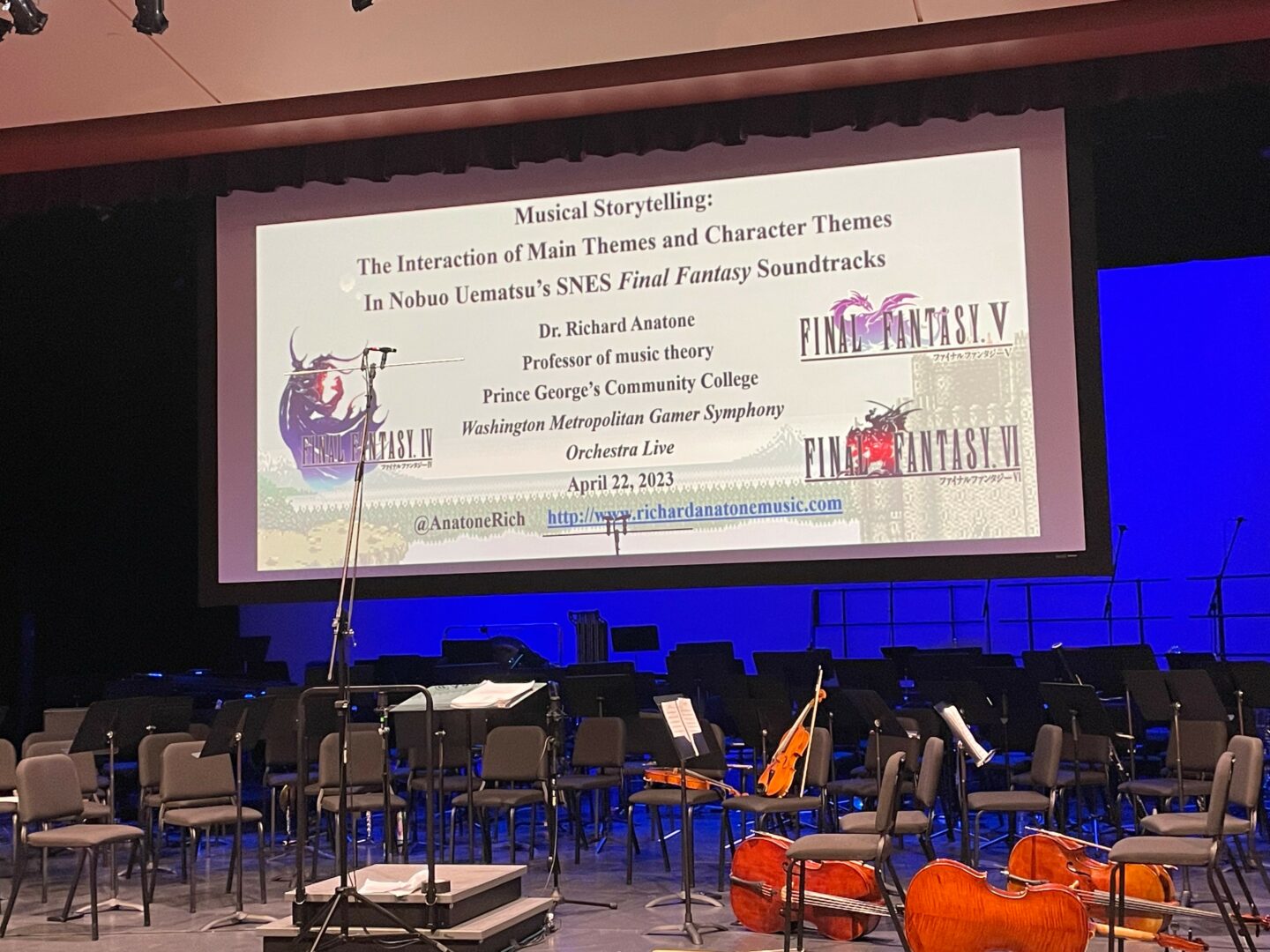
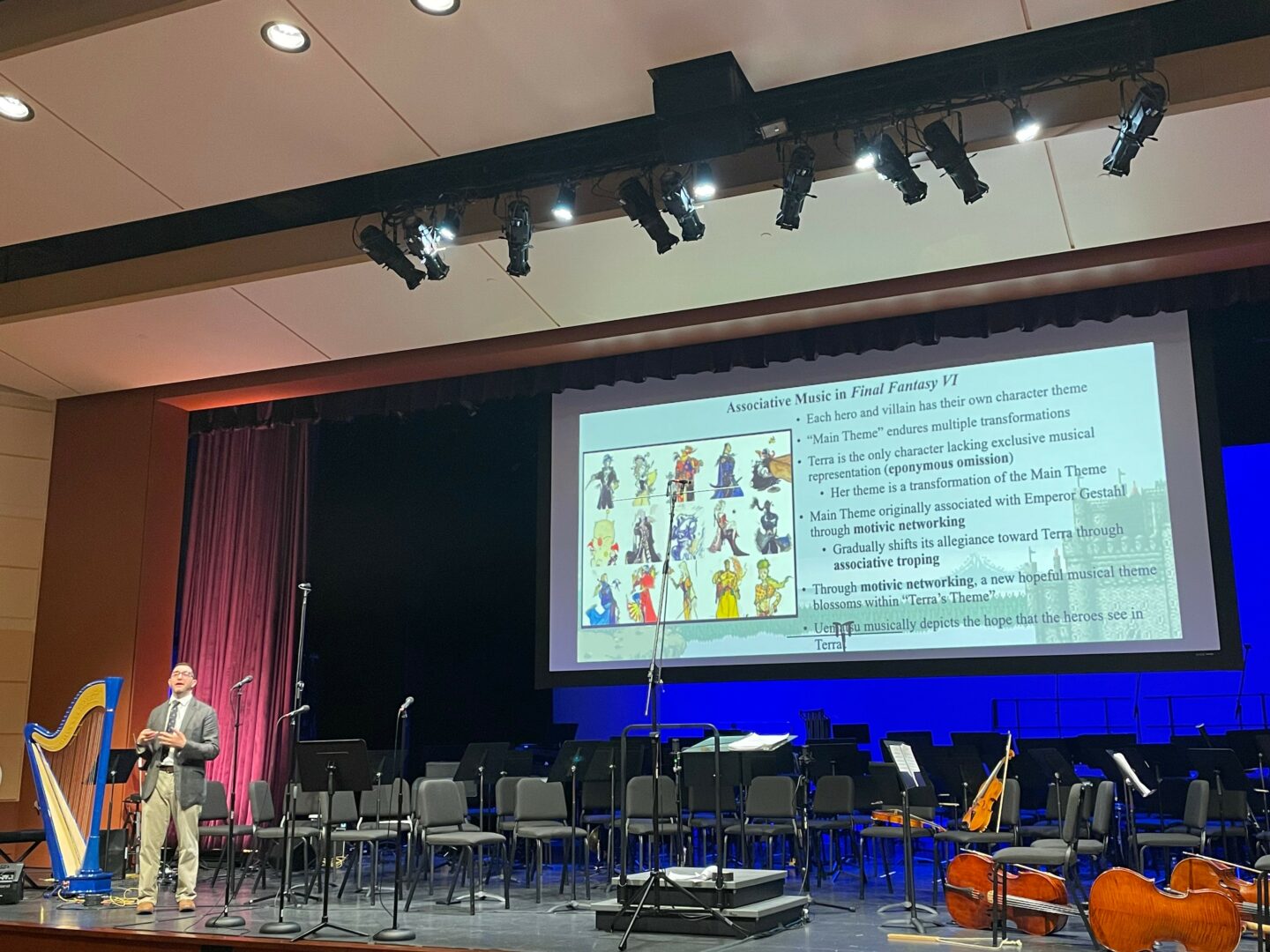
Image Credits
Kirsten Anatone
so if you or someone you know deserves recognition please let us know here.

